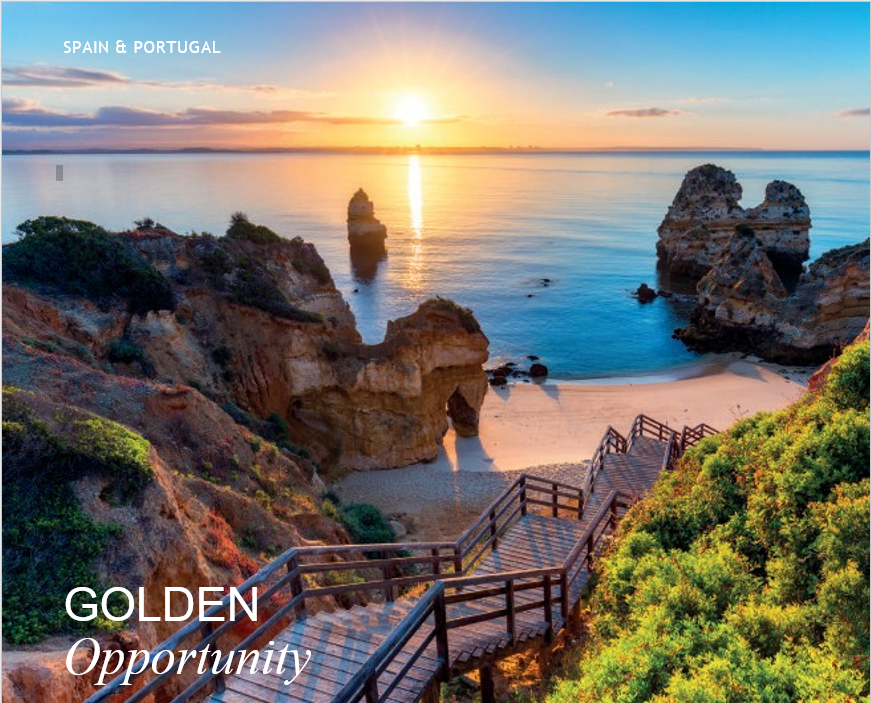Golden Opportunity

January 2022 arrived with lots of news in the world of the Portuguese Golden Visa program.
With the idea of reducing regional asymmetries by attracting investors to inland territories and non-housing real estate, the Portuguese Government made significant adjustments to the Golden Visa legal framework.
MATLAW explains the main changes and how to continue benefiting from this attractive residence permit for investors.
When was the New Golden Visa framework implemented?
The new framework is applicable to all requests submitted after the 1st January 2022. Investors that applied for the Golden Visa before this date continue to benefit from the previous standard.
What changes have been made in terms of real estate investments for the Golden Visa?
Real estate investments can still be made in any part of the country. However, for residential real estate there are geographical limitations, as only investment in properties located in the interior of the country, the Azores and Madeira qualifies.
Investment in properties licensed for other purposes than habitation (such as tourism and retail), aiming for a Golden Visa residence permit is still possible in any region.By contrast, the purchase of properties licensed for residency and located in the Portuguese coastal area (including Lisbon, Cascais, Oporto and the Algarve) no longer qualifies for a Golden Visa application.
The minimum real estate investment amounts remain unchanged (€500K as a rule, €350K for renovated properties over 30 years old.) Both are subject to 20% reduction in certain areas.
How have financial investments been affected by the New Golden Visa framework?
There have also been some updates in minimum financial investment amounts required for the following Golden Visa modalities:
• Capital transfer to a Portuguese bank account – increased from €1M to €1.5M
• Investment funds or venture capital funds dedicated to the capitalisation of Portuguese companies – increased from €350K to €500K;
• Incorporation or capitalisation of a company with headquarters in Portugal combined with the creation of 5 permanent jobs – increased from €350K to €500K;
• Investment in researching activities carried out by public or private scientific research institutions of the national scientific and technological system – increased from €350K to €500K.
On balance, do you think the New Golden Visa framework is better than the former one?
The idea behind the Portuguese Government establishing this new framework was to attract investors to inland territories and correct regional asymmetries and the increase of housing lease and real estate prices in the cities on the Portuguese coast.
The restrictions directly impact Golden Visa real estate investments and have boosted the non-habitational Portuguese real estate market, such as properties located in tourist resorts, which are often used as permanent residency or as holiday home of their owners, family and friends, combined or not with a rental activity.
The increase in the minimum amounts required for Golden Visa financial investments has also impacted the attractiveness of the programme and reduced the quota of investors able to secure a Golden Visa in Portugal.
In general, the programme is less appealing than it was before January 2022, but Portugal is still a very attractive European destination for investment when compared to other countries with Golden Visa initiatives.
Will any further amends be implemented?
There are no additional amendments to the Golden Visa framework under discussion at the moment, and the success of the current programme will determine if any adjustments will be required in the near future. The D7 visa is still a viable alternative to the Golden Visa for people with passive income wishing to relocate to Portugal permanently.
We believe the New Golden Visa has a lot of opportunities to explore and the Portuguese real estate market is already adapted to the niche of tourist resorts and non-habitation properties.
